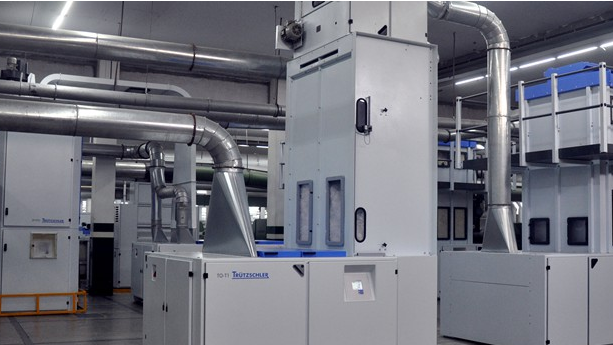Japan International Co-operation Agency (JICA) on Tuesday extended a helping hand to the ailing textile sector of Pakistan by showing willingness to provide technical assistance to the Ministry of Textile in marketing, products diversification and capacity building of garment technology institutes.
Japan is the third largest textile importer with $50 billion annual import bill; however Pakistan share is about 0.26 percent, a senior official of the Textile Ministry told Business Recorder. Both sides would work on textile products diversification, especially those which has demand in Japan. This will help improve supply chain and increase Pakistan’s textile exports to Japan, officials maintained.
JICA and Textile Ministry signed a MoU here on Tuesday, through which the former would provide technical expertise to the Ministry for setting up marketing, and capacity building of garment technology institutes. The documents were signed by JICA team leader Takafumi Ueda and Secretary Textile Industry Amir M. Khan Marwat. According to the agreement, JICA would provide equipment, machinery, consultants and would develop new curriculum. At present, three project areas have been identified; one each at the Ministry of Textile Industry, the Faisalabad Garment City and Pakistan Knitwear Training Institute, Lahore. The project will be completed in four years, where Pakistan will provide only offices, while the rest of the investment would be carried by JICA.
The government has announced different initiatives in the textile policy (2014-19) ie vocational training of workers, internships and different programmes for the enhancement of skills and higher per capita productivity. A new vocational training programme will be launched through PSDP to train sufficient men and women, over the five year period, for skills required in the value added sector such as garments and made ups. The project will be completed in two phases while vocational training institutes as well as factory spaces will be utilised for the training purpose.
The Ministry will carry out productivity analysis on processes and energy conservation. Trainings would be provided to improve per capita productivity on cost sharing basis. To attain international compliance in Occupational Health and Safety, trainings would also be provided to the SME sector in partnership with provincial governments, ILO and other agencies, especially for initiating Better Work Programme. The Government will provide necessary funds for productivity and OHS audits. In addition, Business Alliances and Buyers’ Forums would be created to assist value-added sectors in meeting international standards of sourcing.

Leave a Reply
You must be logged in to post a comment.